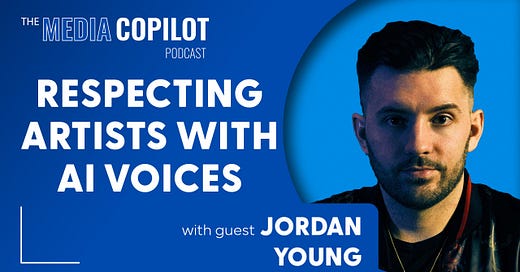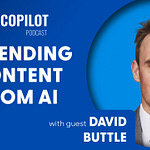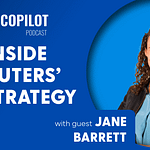Remember that AI song based on the voices of Drake and the Weeknd that made the rounds last fall? It was a polarizing moment for AI — underscoring its power but also its peril, since neither artist had a say in the creation of that song.
Enter Hooky. The fresh AI startup is trying to solve this problem, one that isn’t unique to music. It’s actually one of the biggest issues in generative AI, undergirding the lawsuits against OpenAI, Stable Diffusion and all the rest: How do you ensure content creators can both control and profit from the use of their work when it's gobbled up by AI?
In Hooky’s case, it enables artists to license their voice to service, allowing the app’s customers to create original songs with that voice, and even distribute them to streaming platforms like Spotify. The artist approves every single AI song, and how much revenue they get entirely up to them.
The idea makes a ton of sense, but Hooky is also performing for a tough crowd: artists have a lot of AI skepticism, the regulatory landscape is really unclear, and there are plenty of competing AI apps that don't have any licensing or safeguards.
In the latest episode of The Media Copilot podcast, I talk to Jordan Young, CEO of Hooky. Jordan is a longtime music artist, producer and Grammy winner who's worked with the likes of Jay-Z, the Chainsmokers, and Coldplay. We explore how the music industry might be best equipped to deal with the copyright-and-compensation problem, and we also tackle a key question: whether or not anyone really wants to listen to AI music in the first place.
And, yes, Taylor Swift does come up.
As always, if you liked this conversation, I’d appreciate it if you could follow the show on Substack, Apple Podcasts, Spotify, or any other podcast app that you want. Also, I’d appreciate it if you’d leave a rating or review — it really does help the show. And if you’re on YouTube, don’t forget to “like” the video and subscribe to the channel! 🔔














Share this post